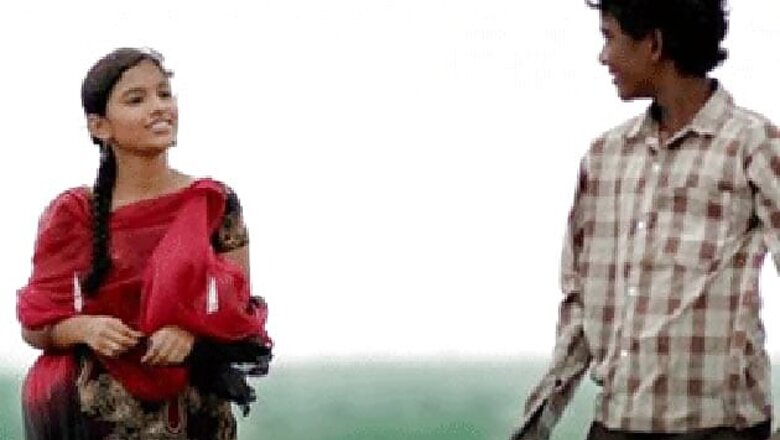
views
Director: Nagraj Manjule
Fandry is an angry and perceptive film. Its anger, though, is never recognized as a reality by the society we live in which says caste doesn't exist anymore. Directed by Nagraj Manjule, the Marathi film is in dialogue with this misconception.
In a small village in Maharashtra, Jabya and his friend Pirya are the only two boys from a so-called untouchable caste in their otherwise 'upper caste' dominated school. In his dreams and aspirations, Jabya doesn't want to consider his caste an impediment. These hopes of wanting to move out of the confines of his caste are shown through Jabya's love for his classmate Shalu (Rajeshwari Kharat). However, in a social set up where everything else is pre-decided by your caste, so is who you can love and be friends with. Incidentally, Shalu is shown as very upper caste- by birth and in her behavior. When her friend gets touched by a pig, she makes sure others don't come near her. She also requests their teacher to let her take her home for purification.
Jabya and Pirya, meanwhile, want to hunt down the elusive black sparrow which Jabya believes would help him win Shalu over. As Jabya and Pirya, child-actors Somnath Avghade and Suraj Pawar are excellent. Avghade gives a moving performance conveying the hopes, disappointments, and finally anger he feels.
From being called 'blacky', to being made to feel ashamed of his mother's occupation when she comes to school, to being bullied, Jabya's trials indicate the prejudices that make the promise of equality sound like a farce.
In theory, Jabya's school is supposed to uplift him to a modern and casteless society where he should be able to choose the work he wants to do. Yet, Manjule shows us how schooling and modern education itself is not free from caste. Not only does it not let Jabya forget the caste he comes from, it also makes him despise the work his family does - pig catching. His classmates constantly make fun of this occupation.
What kind of education is this which teaches the kids dalit poetry, but doesn't give them the ability to make connections between what they learn in school and their everyday lives? Jabya should be able to reject the work associated with his caste if we wants to, but why is the school also teaching him to despise this work as menial? Fandry leaves you with many such questions.
The film also powerfully busts the myth of 'individual merit' in a caste-decided society. Even if Jabya wants to, his own family and the upper caste universe will not let him actually be free of his caste. His father Kachru (Kishore Kadam) wants him to continue their tradition. So do their upper caste neighbours. When Jabya refuses to clean the gutter, the neighbour complains that he is getting too big for his boots. This perceptively highlights how caste perpetuates differently from class, and why moving out of it is so complicated.
There are two particularly powerful and moving sequences that show Manjule's skill both as an observer, and as a film maker who translates these observations onto the screen beautifully. One is the long festival dance sequence in which Jabya sees the possibility of a carnivalesque tumbling down of caste hierarchy. He hopes Shalu will be impressed by his dancing skills. The other is a puzzling scene involving the national anthem which could either be a recognition of the impossibility of the nation-state ideal of equality, or a reaffirmation of it. It all depends on the gaze with which you see the film (and the world). Ultimately, Fandry makes you conscious of your very own gaze.
Though set far away from the city, it makes visible the way in which caste is actually so central to all our realities, whether we recognize it or not.
####











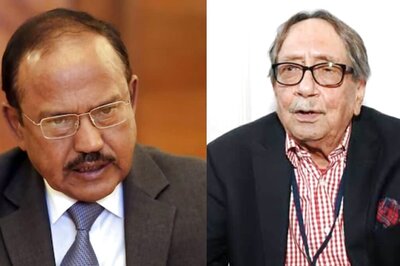
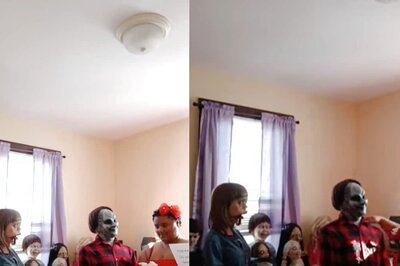


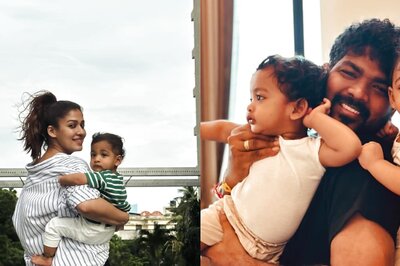
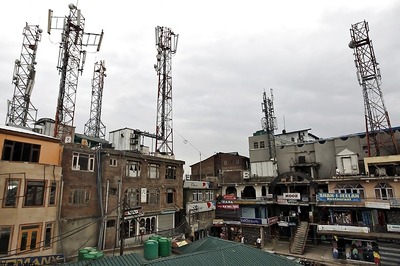
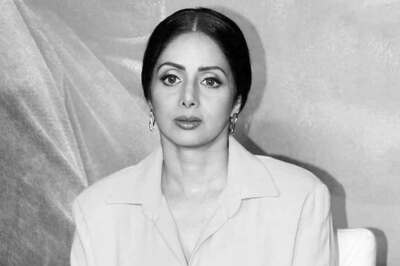
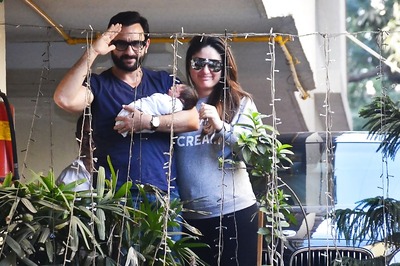
Comments
0 comment